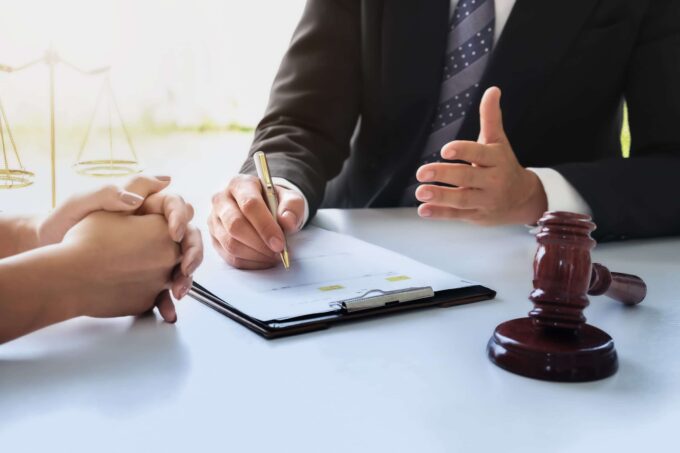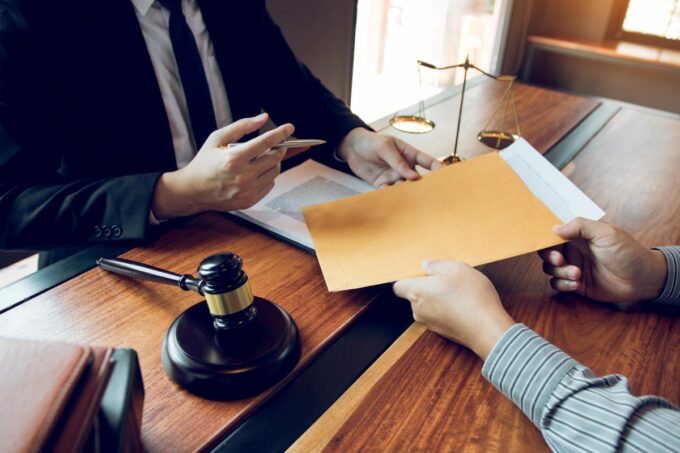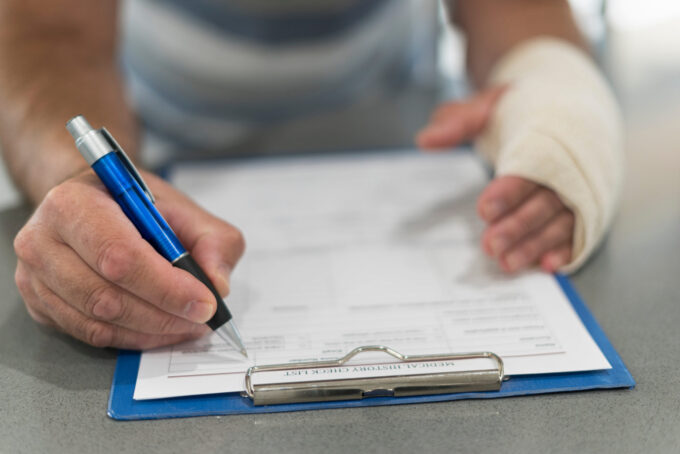Personal injury is a legal term describing physical or psychological harm to your person or your property caused by another person’s negligence. No matter the severity and extent of your injuries, you should still consult with a personal injury attorney to discuss your rights and recovery.
For example, suppose you were involved in a car accident and sustained injuries requiring more than medical attention. Maybe you need counseling for trauma or household changes to deal with a temporary disability. In that case, your attorney will handle all legal proceedings related to the accident, seeking compensation for your physical wounds, material losses, mental anguish, lost wages, and all expenses related to your post-crash healing.
This article will help walk you through personal injuries and how lawyers manage claims.
Pursuing a personal injury claim typically involves several stages, including filing a lawsuit, discovery, settlement negotiations, and trial. Here is a brief overview of what a personal injury lawyer typically does at each step and how they help their clients:
1. Filing a Lawsuit

Filing a lawsuit is a formal legal process that initiates a civil court case. If you are unable to reach a settlement with the other party, you can file a lawsuit to seek compensation for your injuries.
The first step in filing a lawsuit is to prepare a legal document called a complaint. The complaint should detail the factual allegations of the case and set out the legal claims that you are asserting against the defendant. The complaint will also identify the damages you are seeking.
Once the complaint has been prepared, it must be filed with the court and served on the defendant. Serving the defendant with the complaint involves delivering a copy of the complaint to the defendant, along with a summons that requires them to appear in court.
After being served with the complaint, the defendant has a limited amount of time to respond, usually 20-30 days. The response will typically include a document called an answer, which admits or denies the allegations in the complaint and sets out any affirmative defenses that the defendant may have.
Once the complaint and answer have been filed, the parties will begin the discovery process. This process allows both sides to gather evidence and information from the other side, including witness statements, medical records, and expert reports. Depositions may also be conducted during this phase, which involve sworn testimony from witnesses.
2. Discovery

The discovery stage in a personal injury lawsuit is a crucial part of the legal process, where both parties exchange information and evidence related to the case. The purpose of discovery is to allow each side to fully understand the other’s evidence and arguments, and to build their case accordingly. A personal injury lawyer can be instrumental in helping you navigate this process effectively.
One of the key roles of a personal injury lawyer during the discovery stage is to gather evidence to support your case. This may involve obtaining medical records and reports, accident reports, photographs of the accident scene, and witness statements. Your lawyer can also work with expert witnesses, such as accident reconstruction specialists or medical professionals, to bolster your case.
During the discovery process, each side may conduct depositions, which are sworn statements taken under oath from witnesses, parties, or experts. Your personal injury lawyer can prepare you for a deposition, and will be present to protect your rights during the questioning.
3. Settlement Negotiations

Compensation in personal injury cases is usually determined by insurance companies, which can take a lot of work to negotiate. Negotiations with insurance companies can only be done by a personal injury attorney, who will know everything about the case. However, most personal injury cases settle before trial. A personal injury lawyer negotiates with the other side to reach a settlement compensating you for your injuries. They also advise you on whether a settlement offer is fair and whether to accept or reject it.
4. Trial
If a settlement is not reached, a lawsuit will be filed, and your attorney will represent you. A lawyer will exhaust all evidence and testimony necessary to establish the facts of your case, prove liability, and ask for the damages you deserve. Your attorney will present evidence, cross-examine witnesses, and argue on your behalf. They will also prepare you for trial and ensure that your rights are protected throughout the process.
Throughout each stage of the process, a personal injury lawyer works to protect your interests, advocate for your rights, and help you receive the compensation you deserve for your injuries.
What Should You Do While the PI Lawyer Handles Your Case?

While a personal injury attorney handles a client’s case, the client still plays an important role in the lawsuit. Let’s see what you should do while your injury attorney handles your case:
1. Seek and Follow Medical Treatment
You must seek medical treatment for any injuries you suffered in the crash. Moreover, you should follow all medical recommendations stemming from your injuries. Take your pills, go to physiotherapy, talk to a psychologist, if necessary, etc. Having all medical documents and prescriptions, detailed records of your expenses, journals, and all bills your lawyer could use to obtain economic compensation will be helpful.
It helps you recover and provides medical documentation that can be used as evidence in the lawsuit.
2. Provide Information and Evidence
You should constantly provide your lawyer with as much information and evidence as possible. This includes medical records, witness statements, official paperwork (from your employer), and other relevant information.
3. Avoid Discussing the Case with Others

You should avoid discussing the case with anyone other than your attorney. This includes not posting about the case on social media or discussing it with friends or family.
4. Stay Informed
You should stay informed about the progress of your case and be available to answer any questions your attorney may have. It is imperative to keep communication open and respond to requests for information or updates.
The Bottom Line
Having an experienced personal injury lawsuit attorney on your side can drastically change the outcome of a case. They are trained to handle all aspects of a claim, meaning you only have to focus on improving. By working together, you and your lawyer can ensure the best possible outcome for your future life.









